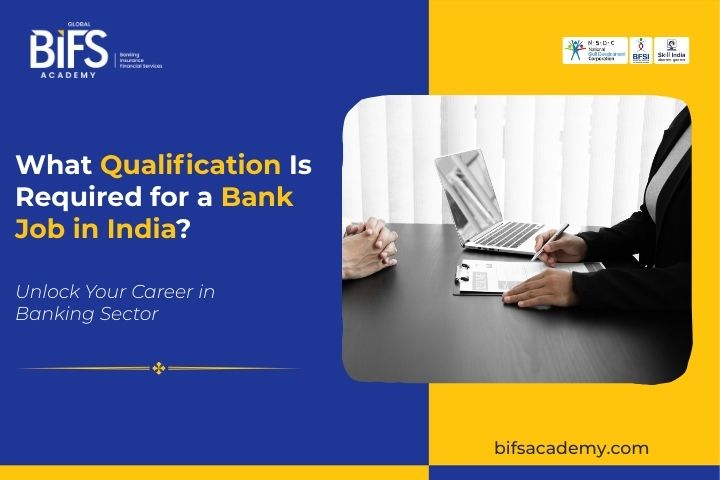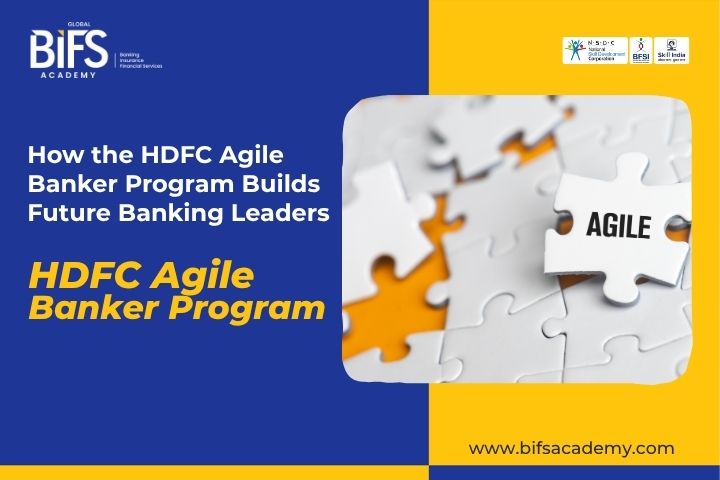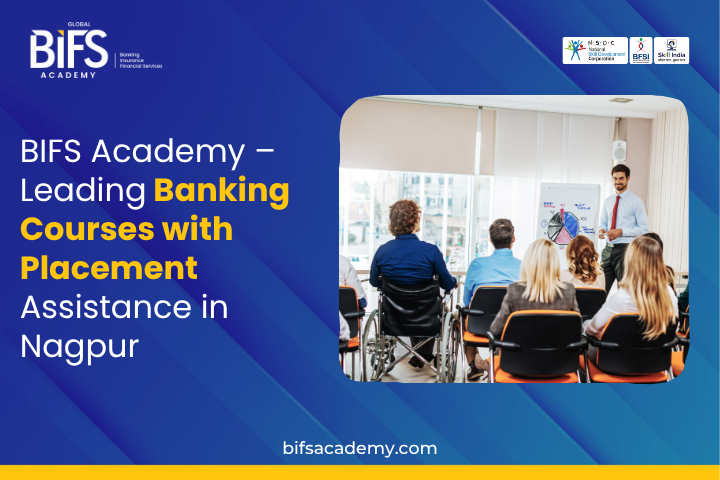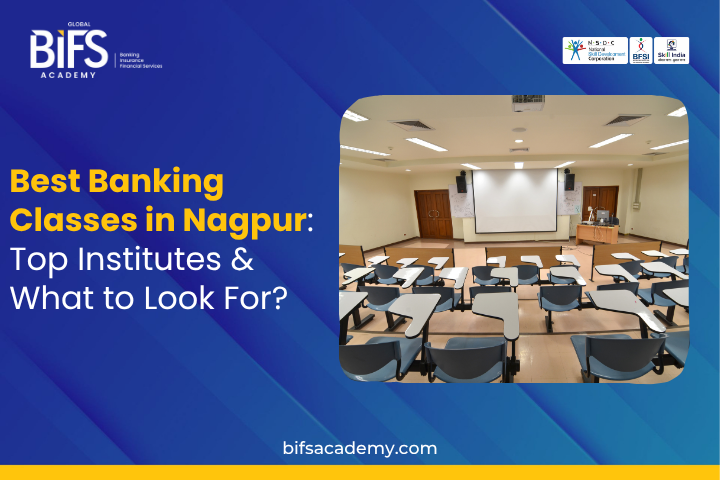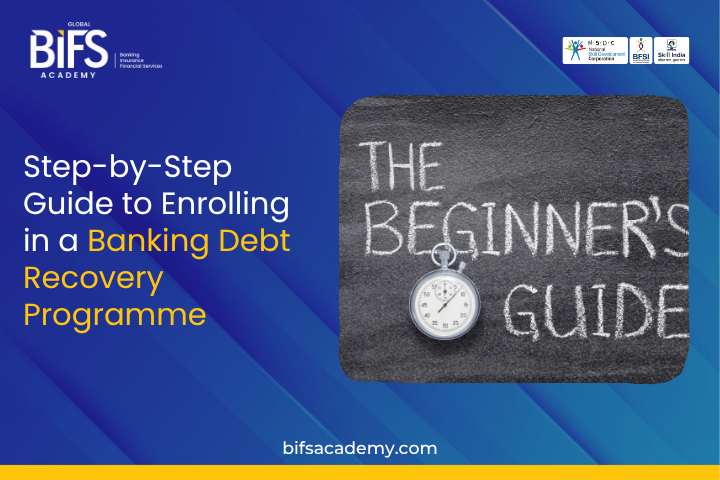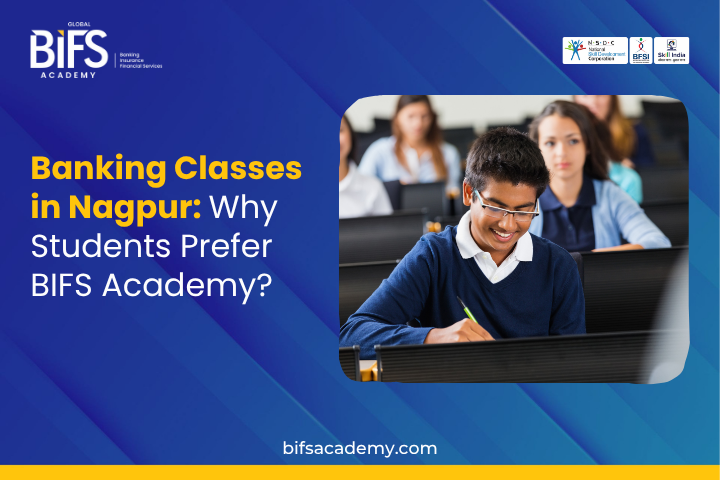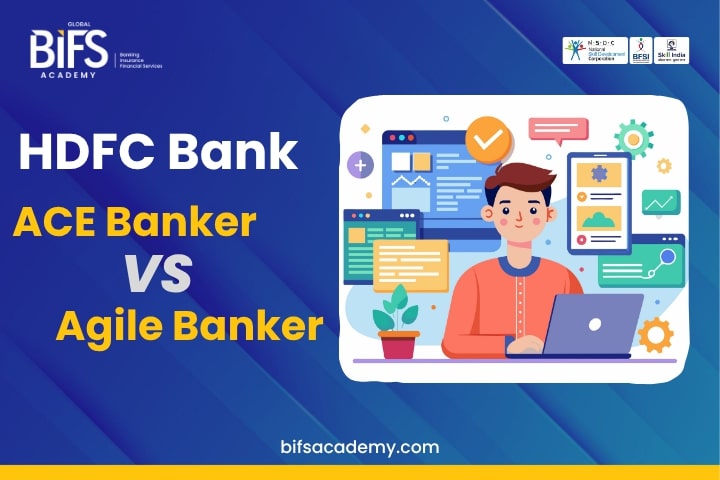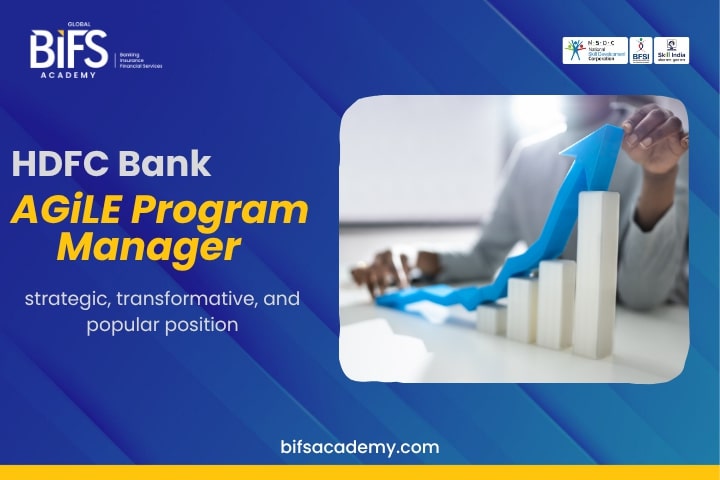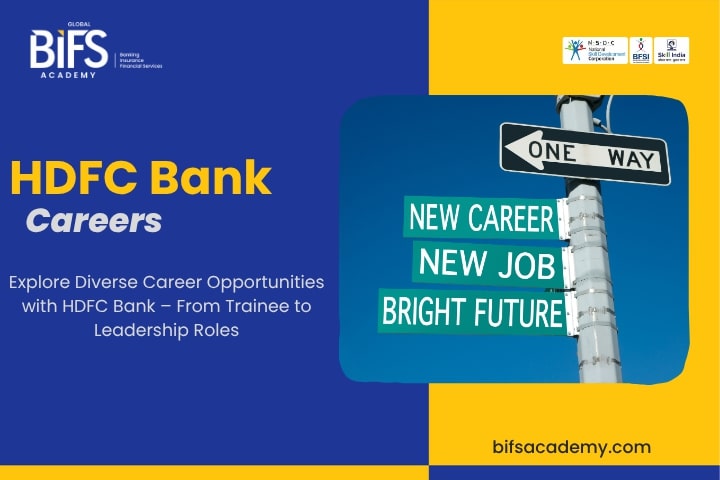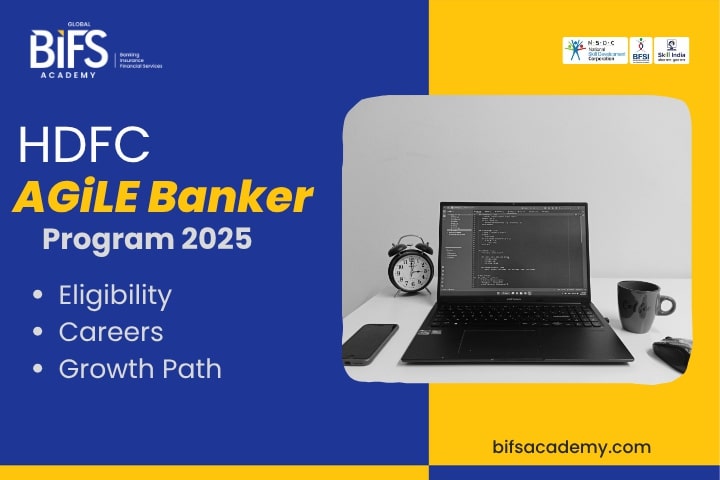We all realize that we are standing at a crossroads in the job market. No doubt, that the job market is a maze, and a prestigious name like HDFC Bank offering a fast-track into banking sounds incredibly tempting. The HDFC Future Bankers program, along with its variations including Future Bankers 2.0 and AGiLE Banker, is meant to help new graduates become banking professionals who are ready to work. But is this high-cost, high-commitment program truly the right launchpad for your career?
What Is the HDFC Future Bankers Programme?
The HDFC Future Bankers Programme is a specialised training initiative launched by HDFC Bank in collaboration with the Manipal Academy of BFSI. It is intended for graduates and young professionals seeking a solid start in the financial and banking industries. The program is a wholesome combination of classroom instruction, an 8-month paid internship/on-the-job training, and mentorship to prepare you for all BFSI jobs and essential banking activities.
The detailed curriculum of the course is as follows:
Duration: 1 year (4 months campus, 2 months internship, 6 months OJT).
Entry: Competitive assessment and interview process.
Fees: ₹2.37–2.57 lakh, including a boarding facility for the first four months.
Certification: Postgraduate Diploma in Sales & Relationship Banking.
Placement: Job offer as a Personal Banker (Deputy Manager grade) at HDFC Bank on program completion.
The Pros: Why It Seems Like a Great Deal!
- The HDFC Bank Brand
Joining one of India's largest and most regarded private sector banks would provide an instant and considerable boost to your resume. Employment with HDFC Bank, regardless of role, provides opportunities in the larger BFSI (Banking, Financial Services, and Insurance) industry.
- Assured Job Opportunity
This is perhaps the program's main attraction. In a competitive labour market, a secured job opportunity after successful completion provides a great deal of security. You begin the program knowing that you have a clear route to work.
- Structured, Practical Learning
Industry professionals deliberately created the program to ensure job readiness. It is a practical training ground that provides a Post Graduate Diploma in Sales & Relationship Banking (for the one-year version) as well as real-world experience through internships and OJT. This systematic method ensures that you don't just study theory; you use it right away.
- "Earn While You Learn"
The program provides stipends for the classroom, internship, and OJT stages. While not large, this stipend helps cover living expenses and demonstrates the bank's commitment to helping you finance your journey. The one-year program also includes a potential for course price repayment after two or three years of excellent service.
The Cons: What to Watch Out For!
- The Cost and Loan Burden
The program fee is significant, especially for a recent graduate. While the bank provides an education loan option, incurring debt before earning your first full wage is a significant financial commitment. Failure to complete the program or an early exit from the workplace might result in a large debt payback.
- The Sales-Centric Role
The job description is often that of a Personal Banker or Assistant Manager, which is primarily a sales and relationship management position. The key responsibilities include target-based sales of financial products such as loans, credit cards, mutual funds, and insurance. Many candidates join expecting a more broad "banking job" but are startled by the high-pressure sales environment. If you are uncomfortable with sales objectives, your work-life balance may suffer, as may your job happiness.
- Long Working Hours and High Targets
Private sector banking, particularly in customer-facing and sales positions, is infamous for long working hours and severe pressure to reach objectives. Former participants frequently comment on the harsh work atmosphere, the necessity to meet tight expectations, and the difficulties in taking time off.
- The Personal Banker Designation
While the term "Deputy Manager" suggests seniority, the Personal Banker position is entry-level and mostly entails branch-level sales and client interactions. Growth to a really management or specialised profile still demands several years of consistent, high-performance employment inside the bank.
Work-Life and Career Prospects
Graduates of the programme report a good entry salary, stable role, and the prestige of working at HDFC Bank—India’s leading private bank. Long-term prospects depend on performance, but many see rapid career advancement in retail banking.
The Conclusion: Should You Join?
So, the definitive answer to is it good to join the HDFC Future Bankers programme? isn't a simple yes or no; it depends entirely on you and your career goals.
If you're a recent graduate who wants to start your career right away with a top private sector bank, you're very motivated by sales, and you enjoy working with customers and meeting tough goals, this program could be a great fit for you. If you're okay with the financial investment and the loan commitment, you could see it as a way to get into the industry in a structured way.
However, you should reconsider if you are averse to sales and target-based work, you are unwilling to commit to long working hours and high-pressure situations and you are not in a position to take on the financial debt.
The HDFC Future Bankers program is a deal: you pay a fee and work under pressure, but in return, you get structured training, a coveted Post Graduate Diploma, and a guaranteed position at one of the country's top banks, which will help you get into the competitive BFSI industry faster. It's a challenging but proven route to kickstart your career.
If you are weighing your options and want to explore other comprehensive training and placement programs in the Banking, Financial Services, and Insurance (BFSI) sector, you can find more information about relevant courses and career guidance right here: Global BIFS Academy Programs.






